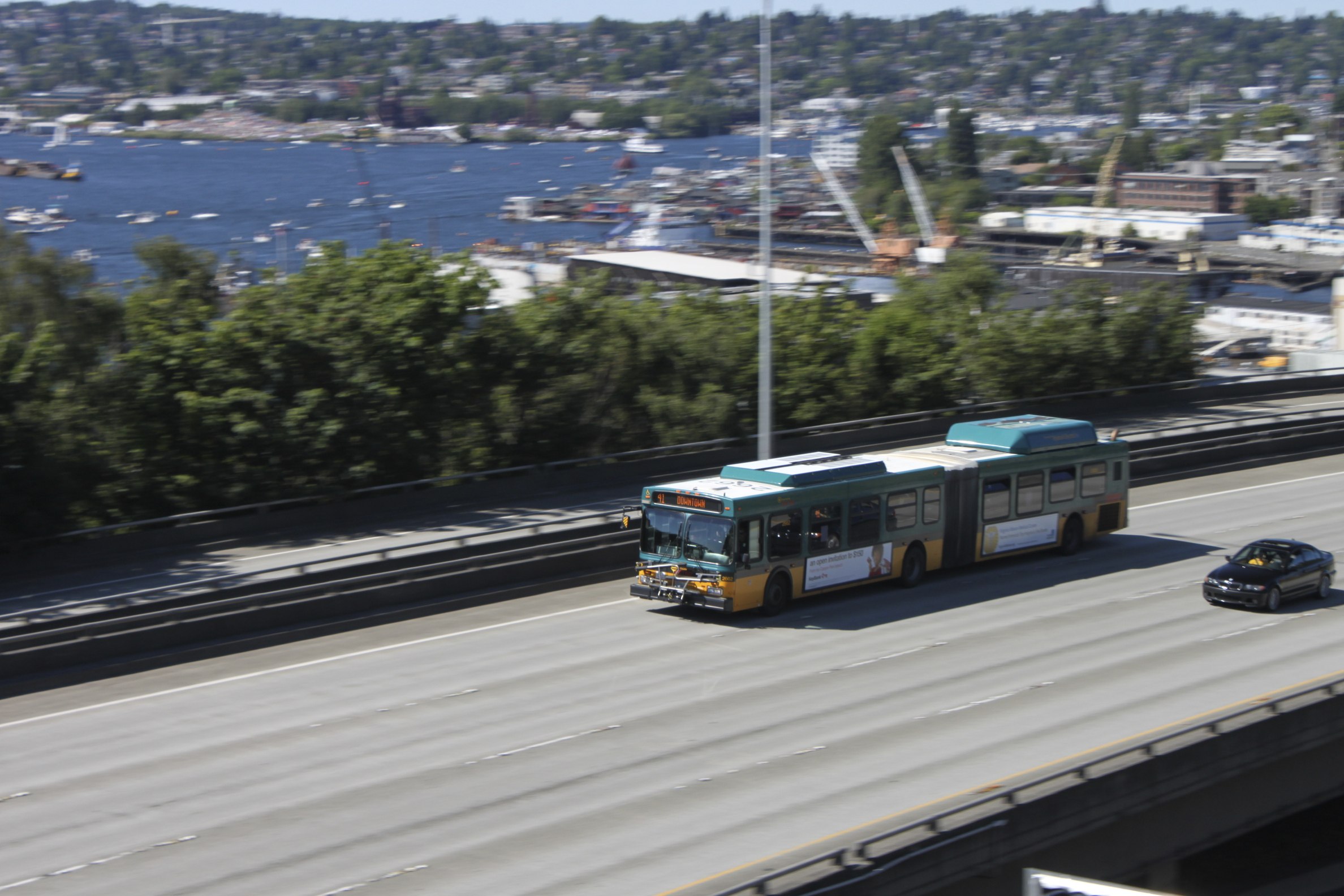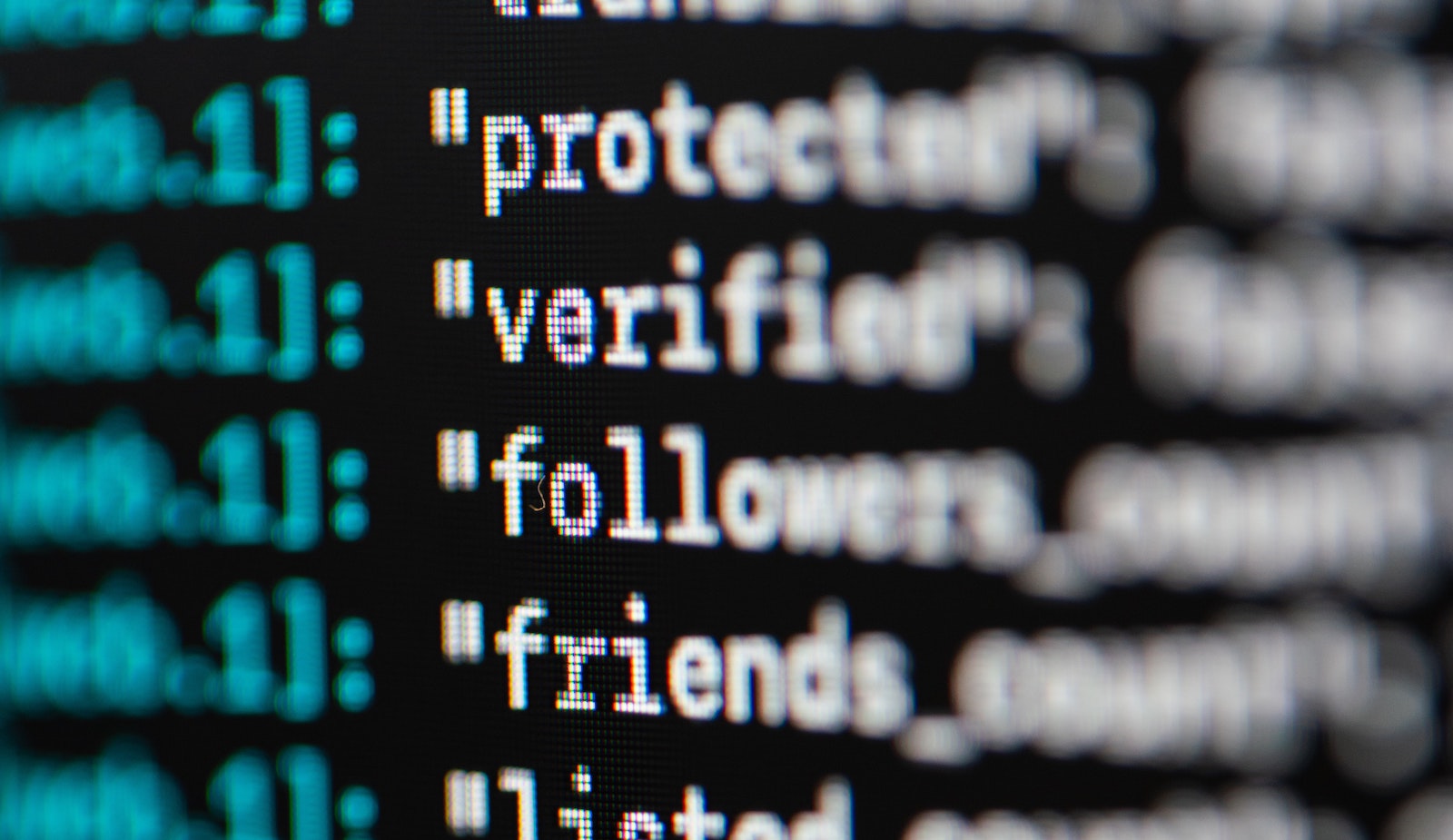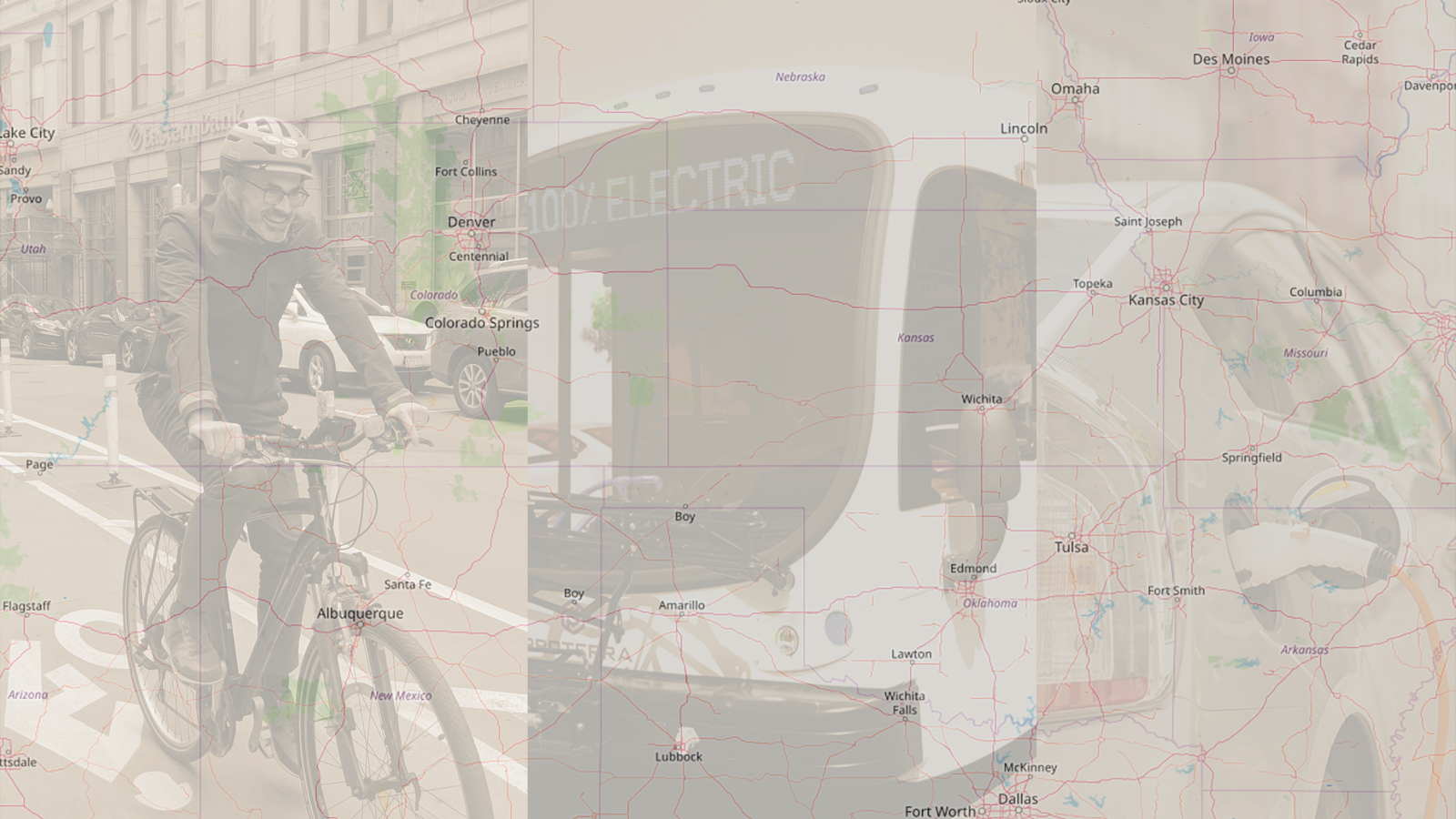
Maryland PIRG Testimony on Farebox Recovery
HB 1185: Maryland Transit Administration- Annual Efficiency and Performance Standards
As Maryland struggles with traffic congestion, rising gas prices and air pollution, expanding and improving public transportation plays a key role in developing a 21st century transportation for the state. Unfortunately, current law impedes the Maryland Transit Administration from being able to adjust to the challenges of the 21st Century. This bill aims to fix that.
As Maryland struggles with traffic congestion, rising gas prices and air pollution, expanding and improving public transportation plays a key role in developing a 21st century transportation for the state. Unfortunately, current law impedes the Maryland Transit Administration from being able to adjust to the challenges of the 21st Century. This bill aims to fix that.
This legislation repeals the requirement in current law that the Maryland Transit Administration (MTA) recover 40 percent of its operating costs for the bus, light rail, and Metro subway services in the Baltimore region from farebox revenue. It also repeals MTA’s 50 percent cost recovery requirement for MARC commuter rail service, and requires MTA to continue to report annually to the General Assembly on its performance regarding operating expenses per revenue vehicle mile, operating expenses per passenger trip, and passenger trips per revenue vehicle mile
If no legislative action is taken during the 2008 Session, MTA’s farebox recovery requirement for all modes will revert back to 50 percent. Unfortunately, the farebox recovery requirements imposed by current law often drive MTA’s planning process and act as disincentives to implement services that would otherwise have beneficial impact for the traveling public, the environment, and the economy.
One example is neighborhood shuttles in Baltimore—there is demand for them in growing areas such as Harbor East, Arbutus/Halethorpe, and Towson but they traditionally have low farebox recovery rates, thus are relegated to law priority for the agency.
Farebox recovery is simply a measure of the ratio of fares collected to operating costs. It is a purely financial measurement that has no link to the operational efficiency or effectiveness of the service. In fact, none of MTA’s peer systems has legally-mandated farebox recovery level.
MTA last met the 40 percent farebox recovery goal in FY 2001. Since 2002, farebox revenue has declined while operating expenses have increased almost six percent. As ridership has declined, revenue has declined and service has decreased. A significant drop in ridership on all Baltimore Core Services occurred in fiscal 2004 primarily due to a fare increase.
Compliance with 40% farebox recovery can only be met through increasing fares or cutting service. In fact, Baltimore Core Service fares would have to be increased 38 percent to meet the requirement. This would increase the current one-way adult fare from $1.60 to $2.20–the second-highest bus fare of all those charged by the 30 largest transit systems in America. At this fare level, the MTA estimates a loss in excess of 9 million current riders per year.
Public transportation offers significant benefits to the region and the aggressive farebox recovery mandate threatens the region’s ability to offer affordable, reliable public transportation to all sectors of society.
We urge a favorable report on HB 1185.
Topics
Find Out More


Green schools guide

Why privacy matters – even if you’ve got nothing to hide

